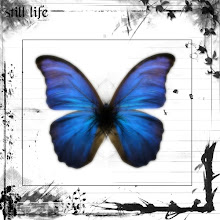
(By OhMyDeer, Wikipedia)
 University's Yamaha Grand Piano (Serial #1749; 1909)
University's Yamaha Grand Piano (Serial #1749; 1909)In 1909, just one year after its founding, this ornate Yamaha grand piano was bought by Nara Women's University (then called Nara Joshi Koto Shihan Gakko; 奈良女子高等師範学校) for its use. After many years of use and the World War II, the piano was locked away and forgotten in a storage building for decades until it was discovered in June, 2005.
Nippon Gakki Company (日本楽器製造株式会社; now called Yamaha Corporation) was founded by Torakusu Yamaha (山葉寅楠) in 1887, and it produced its first grand piano in 1902. The grand piano in Nara Women's University was made just seven years after the company's first production.
The piano itself has 85 keys, which is less than 88 keys that the modern grand pianos have. According to historic records the piano was purchased by a man named Fumi Rokurou Naitou (内藤文六郎), who paid 1000 yen, which was an extraordinary sum at the time. (For a comparison, a new government official (college graduate) then received 55 yen per month)
Having seen so many mechanical and plastic looking Yamaha pianos, I feel rather amazed that Yamaha produced such a beautiful piano back in 1909.








